
CONTENTS
6. Answer Keys
1. IN THE NEWS THIS WEEK

News item #1: Chess grandmaster Magnus Carlsen and 143,000 players draw in an online freestyle chess match lasting 46 days. The game sets a new record with the biggest number of opponents.
Vocabulary
grandmaster (n): a very highly skilled player, especially in chess
Example: She trained for years to become the youngest chess grandmaster in her country.
freestyle (adj.): not limited by fixed rules or patterns; open or unstructured
Example: He won the gold medal in the freestyle swimming competition.
opponent (n): a person who is competing or fighting against you
Example: His opponent in the tennis final was ranked number one in the world.
News item #2: Philippine president Bongbong Marcos reshuffles the entire Cabinet, with all Cabinet secretaries ordered to submit their courtesy resignations in the wake of the results of the midterm elections.
Vocabulary:
(to) reshuffle (v.): to change the positions or roles of people in a group, especially in government
Example: The company reshuffled its management team to improve performance.
cabinet (n.): a group of top government officials who advise the leader and run departments
Example: The Prime Minister met with the cabinet to discuss national security.
resignation (n.): the act of officially leaving a job or position
Example: The manager handed in her resignation after ten years at the company.
midterm election (n.): an election that takes place in the middle of a political term, often for members of a legislature
Example: Voter turnout is usually lower during midterm elections than in presidential elections.
News item #3: Authorities from Canada, Denmark, France, Germany, the Netherlands, the United Kingdom, and the U.S. announce a joint operation to crack down on malware around the world, which took down over 300 servers, neutralized 650 domains, and seized over €3.5 million (US$3.9 million) of cryptocurrency.
Vocabulary
joint operation (n.): a planned action carried out by two or more groups working together
Example: The police and fire departments conducted a joint operation to rescue the trapped hikers.
(to) crack down (v.): to take strong action to stop or control something illegal or harmful
Example: The school decided to crack down on cheating during exams.
malware (n.): software designed to damage or gain unauthorized access to computers
Example: He accidentally downloaded malware that stole his personal information.
server (n.): a computer that provides information and services to other computers over a network
Example: The website was offline because the main server was down for maintenance.
(to) neutralize (v.): to stop something from having an effect or to make it harmless
Example: The scientist added a chemical to neutralize the acid.
domain (name) (n.): a website address on the internet
Example: They bought a new domain name for their online business.
cryptocurrency (n.): a digital form of money that uses encryption for secure transactions
Example: He invested in cryptocurrency when the prices were still low.
2. COUNTRY SPOTLIGHT: VIETNAM

Video
Facts
- Bordering countries: China, Laos, and Cambodia
- Landscape: Mountains, hills, plateaus, and coastal plains
- Population: Approximately 97 million people
- Capital city: Hanoi
- Other important cities: Ho Chi Minh City, Da Nang, Haiphong
- Language: Vietnamese
- Religion: Majority follows no religion or practices traditional folk beliefs and Confucianism; significant minorities practice Buddhism, Catholicism, and other religions
- Currency: Vietnamese dong
- Cuisine: Known for fresh ingredients and bold flavors; popular dishes include rice noodle soup, sandwiches, grilled pork with noodles
- Music: Traditional instruments like the monochord and zither still popular
- Famous tourist attractions: Ancient city of Hue, Ha Long Bay, and the My Son ruins
- Interesting historical facts: Vietnam was a French colony for over six decades; French influence evident in architecture, cuisine, and language; engaged in an independence struggle against France; long and devastating war with the United States concluded in 1975 with the fall of Saigon
Vocabulary Exercise
Choose the correct words in parentheses to complete each sentence.
- The [architecture / cuisine] of Hanoi’s Old Quarter is a blend of Chinese, French and traditional Vietnamese designs.
- The 19th [decade / century] saw French colonial rule in Vietnam.
- The [independence struggle / economic growth] from 1955 to 1975 had a profound impact on Vietnam.
- Vietnamese cuisine is known for using [frozen food / fresh ingredients] like lemongrass, ginger, and mint.
- Parts of Hue, the [current / former] imperial capital, were destroyed during the Vietnam War.
- The [monochord / accordion] is a traditional Vietnamese instrument with one string.
- Vietnamese cuisine is known for its [bold colors / bold flavors] and the use of fresh herbs and vegetables.
- Pho, a [popular dish / traditional instrument] made with beef broth, rice noodles and meat, is a staple in Vietnamese cuisine.
- The My Son [skyscrapers / ruins] are remnants of the ancient Champa civilization.
- The [guitar / zither] is a traditional Vietnamese instrument with usually more than 30 strings.
Place Name Exercise
These statements are false. Identify the wrong information and correct the statements.
- The capital city of Vietnam is Ho Chi Minh City, formerly known as Saigon. ________________________
- Other major cities in Vietnam include Da Nang and Ha Long Bay. ________________________
- The landscape of Vietnam ranges from high mountains in the south to delta and coastal plains in the north. ________________________
- Vietnam shares borders with Thailand, Laos, and Cambodia. ________________________
- Vietnam was involved in a long and devastating war with France, which ended in 1975. ________________________
- France was a Vietnamese colony for more than six decades. ________________________
- The monochord and the zither are examples of traditional Vietnamese dishes. ________________________
- Tourist attractions in Vietnam include the ancient city of Hue, and the picturesque Hanoi Bay. ________________________
(Audio included with the answer key at the end of this lesson)
Are you enjoying this lesson? Support us to keep it free for everyone – click on the “Donate” button …
… or go to this page:
https://donorbox.org/english-class-this-week
3. THIS WEEK IN HISTORY

19 May 1848: Mexico ratifies the Treaty of Guadalupe Hidalgo thus ending the Mexican-American War and ceding California, Nevada, Utah and parts of four other modern-day U.S. states to the United States for US$15 million.
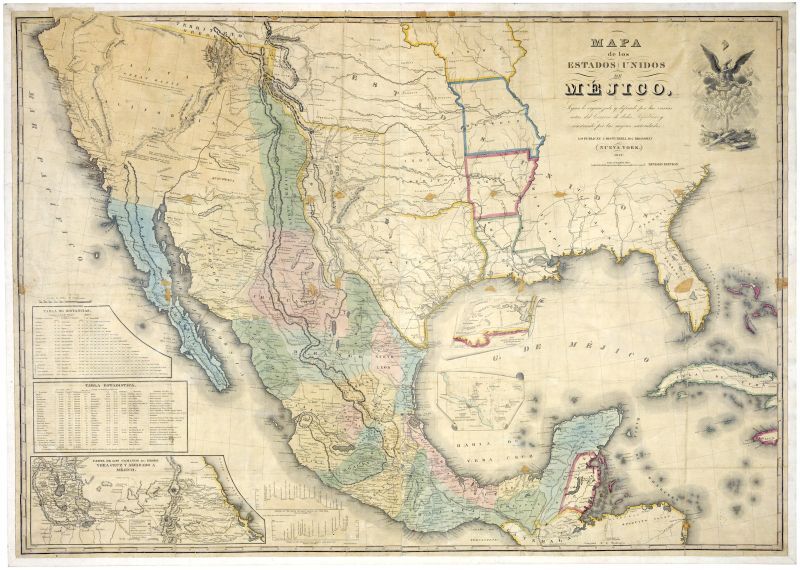
Vocabulary
(to) ratify (v.): to formally approve a treaty, agreement, or law
Example: The senate must ratify the treaty before it becomes law.
(to) cede (v.): to give up power or territory, often by treaty
Example: The country was forced to cede part of its land after losing the war.
modern-day (adj.): referring to the present time or contemporary period
Example: The ancient ruins are located in modern-day Iraq.
20 May 1498: Portuguese explorer Vasco da Gama discovers the sea route to India when he arrives at Kozhikode, previously known as Calicut, India.
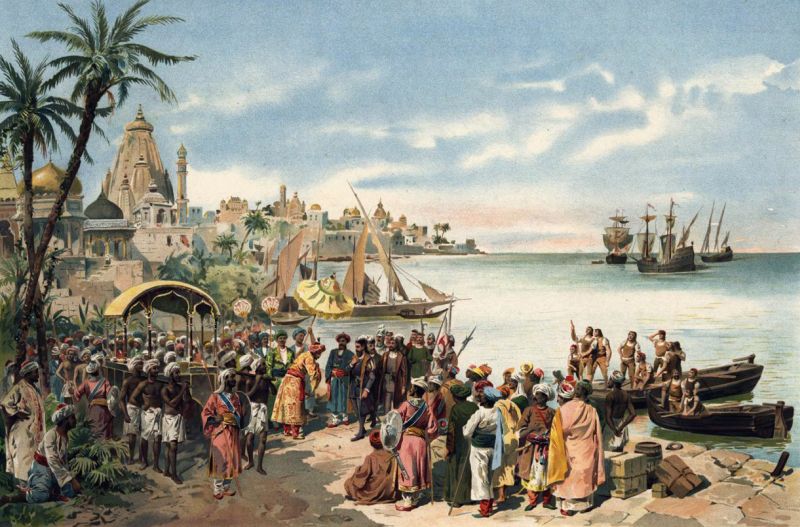
Vocabulary
Portuguese (n./adj.): related to Portugal or its language
Example: The Portuguese explorer sailed around the tip of Africa.
sea route (n.): a regular path taken by ships across the sea
Example: For many years, traders searched for a faster sea route to India.
previously known as (phr.): a phrase used to indicate an earlier name for a person, place, or thing
Example: Istanbul was previously known as Constantinople.
21 May 1927: Charles Lindbergh lands in a field just outside Paris after completing the first solo nonstop flight across the Atlantic Ocean. 21 May 1932: Bad weather forces Amelia Earhart to land in a pasture in Derry, Northern Ireland, and she thereby becomes the first woman to fly solo across the Atlantic Ocean.
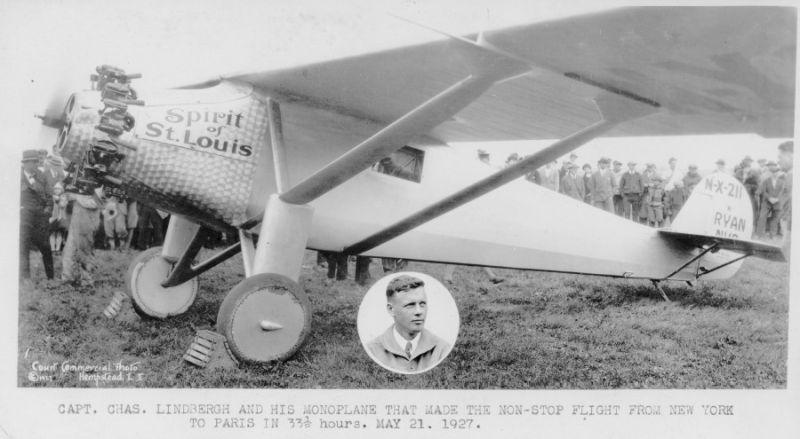
Vocabulary
solo (adj.): done by one person alone
Example: She performed a solo flight around the world.
nonstop (adj.): without stopping or breaks
Example: The nonstop flight from New York to Tokyo takes about 14 hours.
pasture (n.): land covered with grass and used for grazing animals
Example: The cows were moved to a fresh pasture to graze.
22 May 1872: President Ulysses S. Grant signs the Amnesty Act into law, restoring full civil and political rights to all but about 500 Confederate sympathizers.
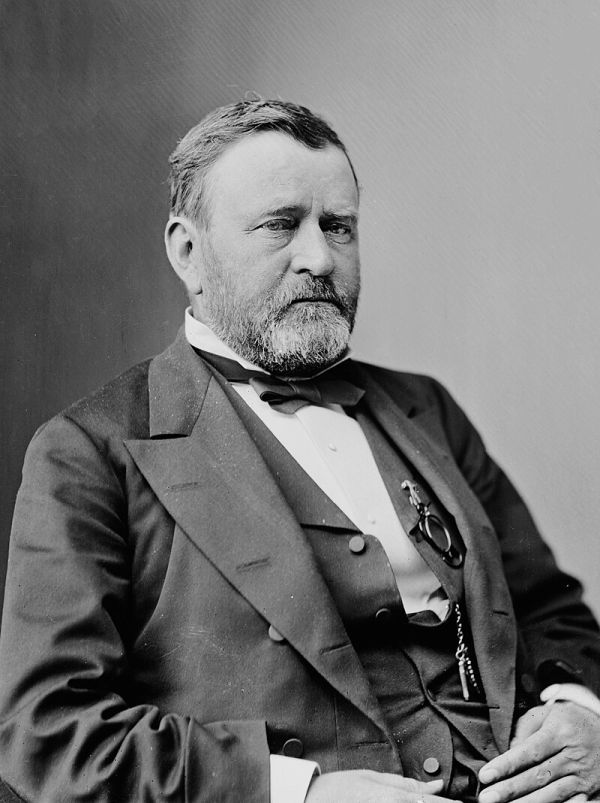
Vocabulary
amnesty (n.): an official pardon for people who have committed political offenses
Example: The government offered amnesty to all political prisoners.
civil rights (n.): the rights of citizens to political and social freedom and equality
Example: The civil rights movement aimed to end racial segregation in the U.S.
political rights (n.): the rights of individuals to participate in government and political activities
Example: The ability to vote, run for office, join political parties, and participate in political activities are basic political rights in a democracy.
sympathizer (n.): a person who supports or agrees with a cause or group, especially secretly or unofficially
Example: He was arrested for being a known sympathizer of the rebel group.
all but (phr.): everyone or everything except
Example: All but three students passed the final exam.
23 May 1934: American bank robbers Bonnie and Clyde are ambushed by police and killed in Bienville Parish, Louisiana.

Vocabulary
(to) ambush (v.): to attack someone suddenly and unexpectedly from a hidden position
Example: The soldiers were ambushed while marching through the narrow valley.
bank robber (n.): a person who steals money from a bank using force or threats
Example: The bank robber escaped with thousands of dollars before the police arrived.
4. GRAMMAR FOCUS

Simple Present Tense: Charles Lindbergh flies across the Atlantic and becomes an aviation hero.
Present Continuous Tense: Lindbergh is piloting his plane alone, thousands of feet above the Atlantic Ocean.
Present Perfect Tense: Lindbergh has inspired generations of aviators with his record-setting flight.
Present Perfect Continuous Tense: Aviation experts have been studying Lindbergh’s techniques for nearly a century.
Simple Past Tense: In 1927, Charles Lindbergh completed the first solo nonstop flight across the Atlantic.
Past Continuous Tense: While people in Paris waited, Lindbergh was navigating the skies above.
Past Perfect Tense: Before he landed in Paris, Lindbergh had flown for more than 33 hours without stopping.
Past Perfect Continuous Tense: Lindbergh had been preparing for the flight for months before he finally took off.
Simple Future Tense: Lindbergh’s flight will remain a milestone in the history of aviation.
Future Continuous Tense: Years from now, students will be learning about Lindbergh’s bravery and endurance.
Future Perfect Tense: By the 100th anniversary of his flight, Lindbergh will have influenced generations of pilots and engineers.
Future Perfect Continuous Tense: By 2027, people will have been celebrating the historic flight for a full century.
First conditional: If people continue to honor aviation pioneers, Lindbergh’s story will remain part of global history.
Second conditional: On the eve of his flight across the Atlantic, some people thought: “If Mr. Lindbergh actually succeeded in flying all the way from New York to Paris without stopping and all alone, it would surely be fantastic!”
Third conditional: If Charles Lindbergh had not completed his nonstop flight across the Atlantic Ocean, transatlantic travel would have taken much longer to achieve.
5. QUOTE OF THE WEEK

“Learn a new language and get a new soul.” – Czech Proverb
6. ANSWER KEYS

Vocabulary Exercise
Choose the correct words in parentheses to complete each sentence.
- The [architecture / cuisine] of Hanoi’s Old Quarter is a blend of Chinese, French and traditional Vietnamese designs.
- The 19th [decade / century] saw French colonial rule in Vietnam.
- The [independence struggle / economic growth] from 1955 to 1975 had a profound impact on Vietnam.
- Vietnamese cuisine is known for using [frozen food / fresh ingredients] like lemongrass, ginger, and mint.
- Parts of Hue, the [current / former] imperial capital, were destroyed during the Vietnam War.
- The [monochord / accordion] is a traditional Vietnamese instrument with one string.
- Vietnamese cuisine is known for its [bold colors / bold flavors] and the use of fresh herbs and vegetables.
- Pho, a [popular dish / traditional instrument] made with beef broth, rice noodles and meat, is a staple in Vietnamese cuisine.
- The My Son [skyscrapers / ruins] are remnants of the ancient Champa civilization.
- The [guitar / zither] is a traditional Vietnamese instrument with usually more than 30 strings.
Place Name Exercise
These statements are false. Identify the wrong information and correct the statements.
- The capital city of Vietnam is
Ho Chi Minh City, formerly known as SaigonHanoi. - Other major cities in Vietnam include Da Nang and
Ha Long BayHo Chi Minh City / Haiphong. - The landscape of Vietnam ranges from high mountains in the
southnorth to delta and coastal plains in thenorthsouth. - Vietnam shares borders with
ThailandChina, Laos, and Cambodia. - Vietnam was involved in a long and devastating war with
Francethe United States, which ended in 1975. FranceVietnam was aVietnameseFrench colony for more than six decades.- The monochord and the zither are examples of traditional Vietnamese
dishesinstruments. - Tourist attractions in Vietnam include the ancient city of Hue, and the picturesque
HanoiHa Long Bay.
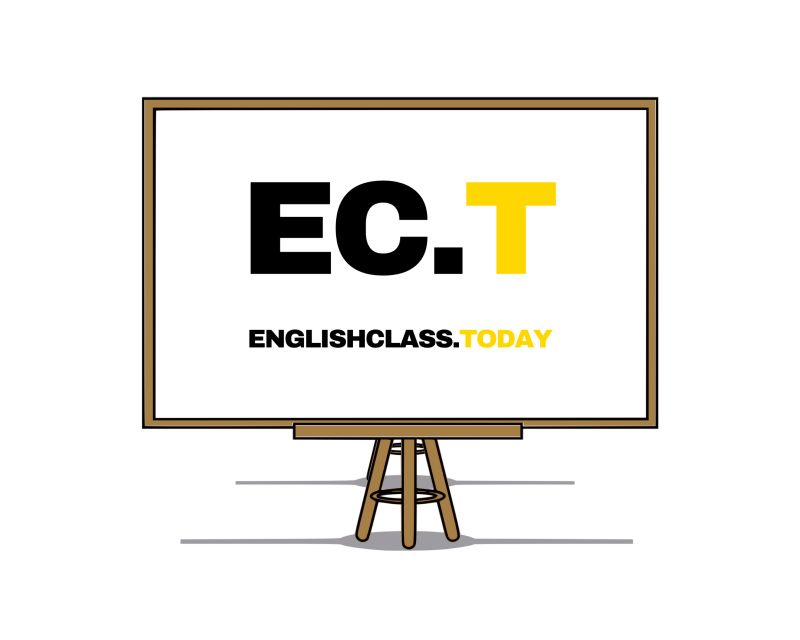
Did you enjoy this lesson? Support us to keep it free for everyone – click on the “Donate” button …
… or go to this page:
https://donorbox.org/english-class-this-week
 Donate
Donate